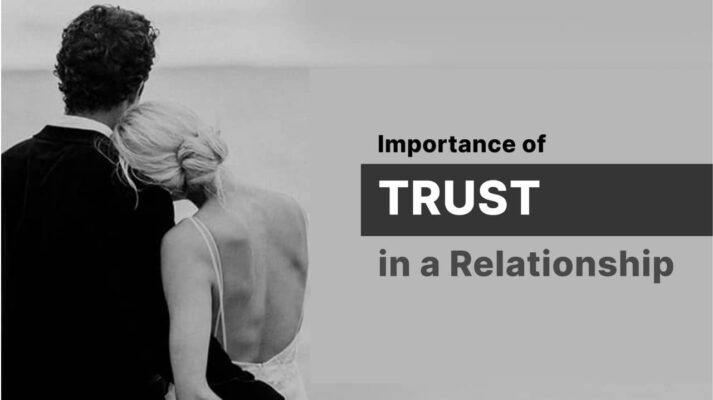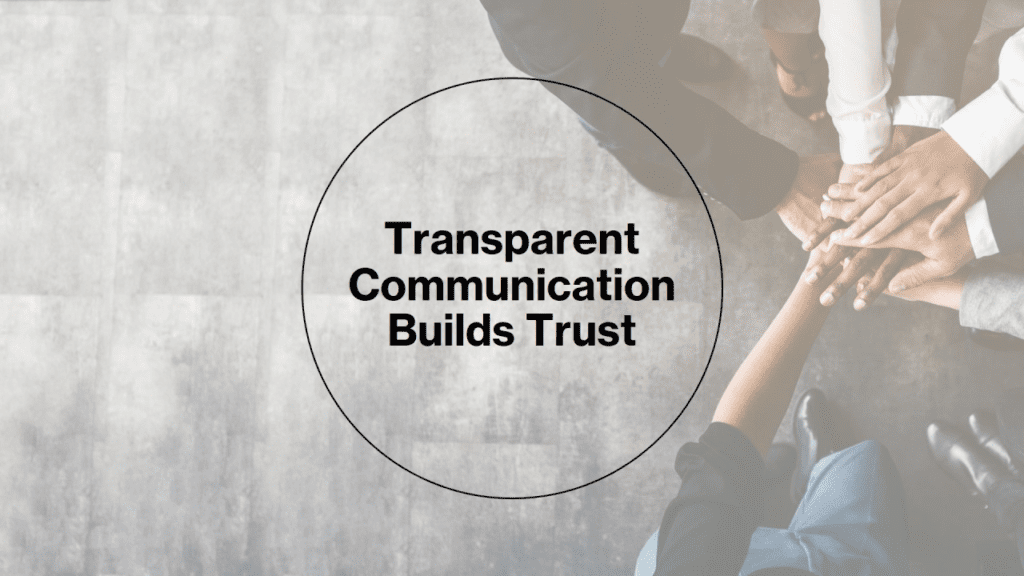
How important is TRUST in a relationship?
by Dr Crosby. S
Establishing and nurturing trust is widely recognized as a cornerstone of healthy and fulfilling relationships. Trust forms the bedrock upon which emotional intimacy, communication, and mutual respect thrive.
Trust in Relationship Dynamics

In the intricate dance of relationships, trust plays a pivotal role. It’s like the glue that holds everything together, making the bond between two people strong and resilient.
Importance of Trust
Trust is the invisible thread that weaves through the fabric of a relationship, connecting hearts and minds. It’s the belief that your partner has your best interests at heart and will act in a way that won’t harm you.
Defining Trust in a Relationship
Trust in a relationship is like a fragile plant that needs nurturing and care to thrive. It’s built on honesty, reliability, and a deep sense of security that allows both partners to be vulnerable without fear of judgment.
Building Trust Through Communication and Transparency

Effective communication and transparency are like the building blocks of trust in a relationship. They lay the foundation for understanding, empathy, and mutual respect.
Open and Honest Communication
Communication is key in any relationship, but when it’s coupled with honesty and transparency, it becomes a powerful tool for building trust. Sharing your thoughts, feelings, and fears openly creates a safe space for connection and understanding.
Sharing Vulnerabilities and Fostering Trust
Being able to share your vulnerabilities with your partner is a sign of deep trust. It requires courage and a willingness to be seen in your most raw and authentic self. When both partners can hold space for each other’s vulnerabilities, trust blossoms.
Emotional Intimacy

A trusting atmosphere fosters emotional connection. It’s like a delicate dance of hearts and souls that requires a strong foundation of trust to truly flourish.
Emotional Connection and Trust
Emotional intimacy is about feeling seen, heard, and understood on a deep level. Trust is the bridge that allows partners to let down their walls and connect emotionally, creating a bond that transcends words.
Empathy and Support

Empathy and support go hand in hand with trust. When you feel truly heard and supported by your partner, trust naturally grows. By showing empathy and being there for each other through thick and thin, you build a solid foundation of trust.
Betrayal Impacts Trust in Relationships
Betrayal is like a wrecking ball that can shatter the foundations of trust in a relationship. It’s a painful experience that requires time, effort, and commitment to heal and rebuild what was broken.
Types of Betrayal in Relationships
Betrayal can take many forms, from infidelity and lies to broken promises and secrets. Each type of betrayal erodes trust in its own way, leaving scars that can be difficult to heal.
Rebuilding Trust After Betrayal
Rebuilding trust after betrayal is a journey that requires patience, forgiveness, and a willingness to work through the pain together. It’s about acknowledging the hurt, taking ownership of mistakes, and committing to building a stronger, more resilient bond based on honesty and transparency.
Cultivating Trust in Long-Distance Relationships

Long-distance relationships can feel like trying to keep a plant alive with just occasional drops of water. Trust acts as the sunlight that helps it thrive.
Challenges of Trust in Long-Distance Relationships
Distance can throw trust off balance, like a clumsy acrobat on a tightrope. Communication gaps, insecurities, and the dreaded F.O.M.O. (Fear of Missing Out) can all put trust to the test.
Strategies for Maintaining Trust Across Distance
To keep the trust flames burning, honesty is the matchstick you need. Regular communication, setting boundaries, and showing appreciation can help bridge the gap and keep trust strong. Remember, trust is like a delicate bonsai tree – it needs care and attention to flourish, even from miles away.
Finally, trust serves as the vital glue that binds relationships together, fostering a sense of security, understanding, and authenticity between partners. By prioritizing open communication, empathy, and transparency, individuals can cultivate trust as a foundation for enduring and harmonious connections. Embracing the complexities of trust and committing to its growth paves the way for profound emotional intimacy and mutual support, enriching the fabric of relationships and nurturing bonds that withstand the tests of time.